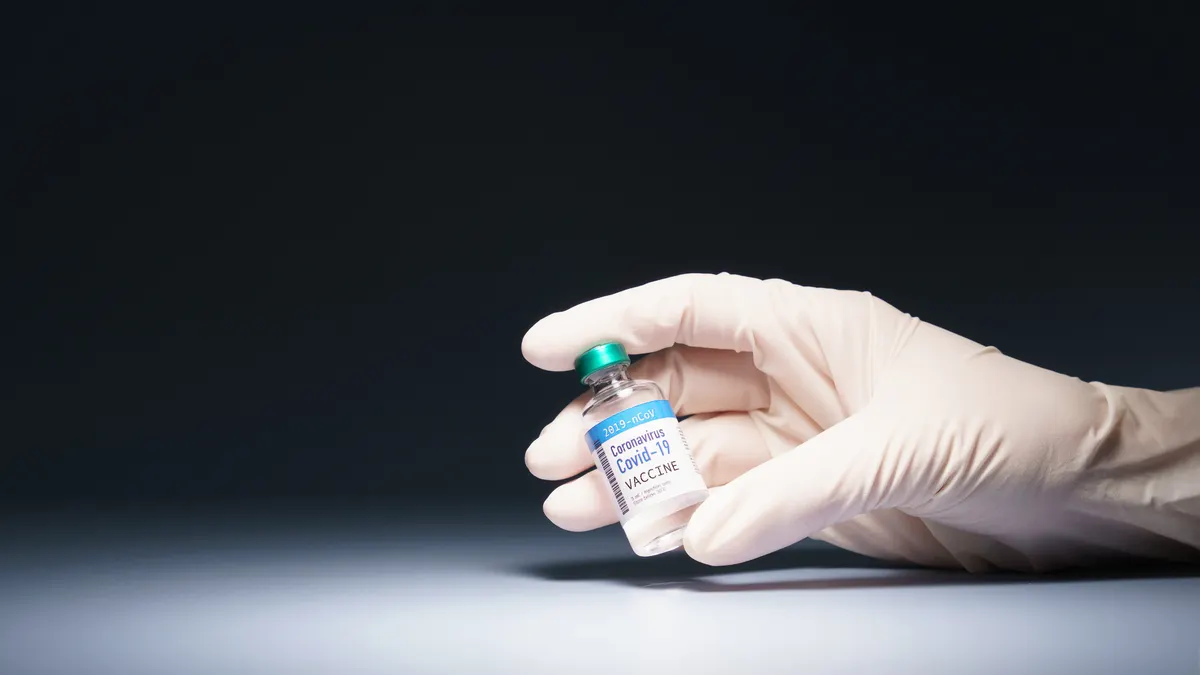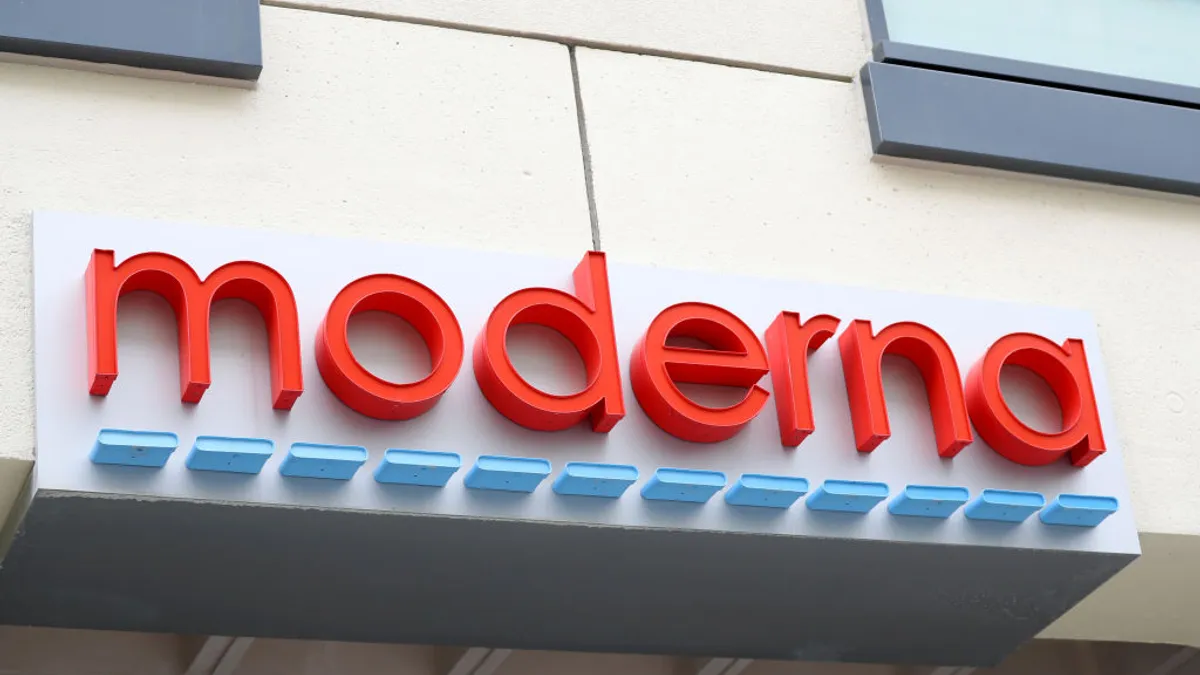Few diseases have suffered more drug development disappointment than amyotrophic lateral sclerosis. Earlier this year, an experimental drug from Denali Therapeutics, and a candidate from Calico Life Sciences and AbbVie, failed in the clinic.
The ALS community was also dealt a blow last year when Amylyx Pharmaceuticals pulled its approved drug, Relyvrio, from the market after a late-stage trial showed it was no more effective than a placebo.
Scientists have yet to discover what causes ALS, though an understanding of the disease is becoming clearer as pharmas explore biomarkers to pinpoint disease progression and test new treatments. There are more than 50 ALS drugs under development, according to the ALS Association, and drugmakers are testing mechanisms in clinical trials targeting neuroinflammation, genes, protein aggregation and more.
Pharmas are taking mult-pronged approaches because different mechanisms may contribute to the progression of the disease, according to Arun Swaminathan, CEO of Coya Therapeutics, which is developing an ALS drug.
“It is likely that different pathogenic mechanisms are relevant only in subsets of patients with ALS,” said Swaminathan. “Drugs may fail because they target very specific ‘downstream’ mechanisms that are likely only playing roles in subsets of patients.”
Despite the challenges, more ALS hopefuls are on their way. And the ALS community is closely watching upcoming clinical results, as well as regulatory updates from drugmakers. Here are a few upcoming trial readouts and important dates that could shake up the ALS landscape.
Clene’s potential approval
Clene Nanomedicine, a biotech based in Salt Lake City, is zeroing in on an accelerated approval for its ALS candidate, CNM-Au8, by the end of this year.
CNM-Au8 is an “oral suspension of gold nanocrystals” that aims to restore nerve cell health and improve survival “by increasing energy production and utilization.” The company published a cross-regimen analysis in March of long-term survival of trial participants, which determined a median survival gain of 6.5 months.
Clene stated in December it was working with the FDA on a path toward accelerated approval, with a plan to leverage additional analyses of a protein that may signal neuronal damage and has potential as an ALS biomarker. The analysis will occur during the third quarter of the year, with the NDA to come in the final three months of the year, Clene said in its most recent earnings report.
Two novel readouts in 2026
French biopharma Axoltis Pharma is testing an ALS candidate that targets the integrity of the blood brain barrier and neural circuits. ALS patients can have a compromised blood brain barrier, which researchers believe may accelerate the disease. Axoltis’ phase 2 trial for NX210c, a peptide-derived candidate, is currently underway.
In a phase 1b trial, NX210c repaired the blood brain barrier, and had “significant and sustained” effects on the pathways in neuroprotection and neurotransmission. The biotech expects to publish phase 2 results in the second quarter of 2026.
MediciNova is also anticipating a phase 2/3 trial readout next year for MN-166, a small molecule PDE4 inhibitor targeting inflammation in ALS patients. The company began enrolling participants in an NIH-funded expanded access program trial in April, with the goal of enrolling 20 ALS patients not eligible for the ongoing trial.
Interim study results found “positive correlations” in six- and 12-month data for a common disease outcome score, according to the company.
Coya’s inflammation target
Houston-based Coya Therapeutics is preparing to start phase 2 testing in the second half of 2025 with its ALS drug candidate COYA-302, which is also being tested in frontotemporal dementia, Alzheimer’s disease and Parkinson’s disease. The dual-mechanism biologic targets the overactive immune system, and leverages a combination of a low dose IL-2 and CTLA4-lg fusion protein to reduce inflammation through Treg cell enhancement.
According to Swaminathan, targeting Tregs, a subset of T cells, may be key to reducing disease progression of ALS.
“When Treg function declines, the disease progresses more rapidly and patients die earlier,” he said. “Combination approaches that enhance and ‘fix’ Tregs suppress neuroinflammation resulting in the potential to slow or even stabilize progression in ALS patients.”
Top-line results from the phase 2 trial are expected in the second half of 2026, according to Coya. In addition, Coya plans to publish data on biomarker and oxidative stress markers in 2025.
Coya is not the only pharma targeting T cells. Rapa Therapeutics is in phase 2/3 testing for its T cell therapy, RAPA-501. However, unlike Coya’s biologic combination, RAPA-501 is an ex vivo cell therapy that modifies T cells to produce an anti-inflammatory response. The study is expected to reach its primary completion in July 2026.
Amylyx’s next early option
Following its failure with Relyvrio last year, Amylyx hasn’t given up on finding a new ALS treatment. Earlier this month, the company received a fast track designation from the FDA for AMX0114, an investigational antisense oligonucleotide that targets the calcium-activated protease calpain-2.
Amylyx is currently in phase 1 testing after dosing the first trial participants in April 2025. Early cohort data is expected later this year. The company got the OK from the FDA in January to move forward with the early-stage trial after the agency put a hold on testing due to dosing questions.


















